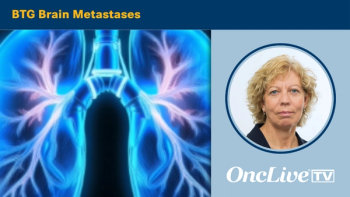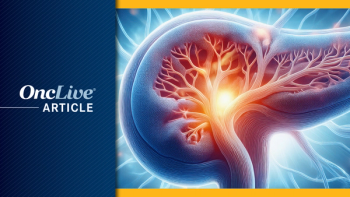
Dr. Shah on the Relationship Between H. Pylori and Immune Response in Gastric Cancer

Manish A. Shah, MD, director of gastrointestinal oncology and chief of Solid Tumor Service at Weill Cornell Medicine/NewYork-Presbyterian Hospital, discusses the relationship between helicobacter pylori (H. pylori) and immune response in gastric cancer.
Manish A. Shah, MD, director of gastrointestinal oncology and chief of Solid Tumor Service at Weill Cornell Medicine/NewYork-Presbyterian Hospital, discusses the relationship between helicobacter pylori (H. pylori) and immune response in gastric cancer.
One of the key things about gastric cancer that is unique is the carcinogenesis develops with the bacteria H. pylori. Half of the world's population have H. pylori and it is challenging to get gastric cancer without having an H. pylori infection. H. pylori is immunologically active. People may have heard of the Th17 immune response, which is a pro-inflammatory immune response. That actually begets carcinogenesis, and H. pylori stimulates Th17 immune response.
Physicians are working on the microbiome and determining how that affects carcinogenesis, but also immunotherapy. There have been recent papers that have stated that a microbiome is required to develop an immune response. There will be a very important interplay that will be discovered in the next few years, says Shah.



































